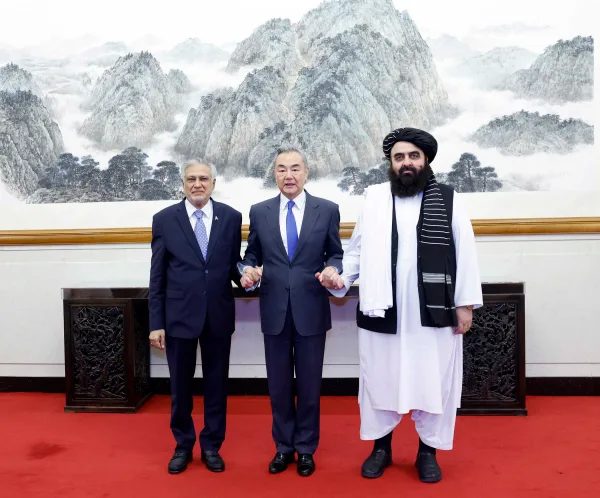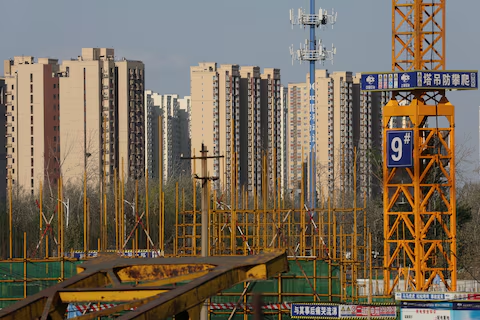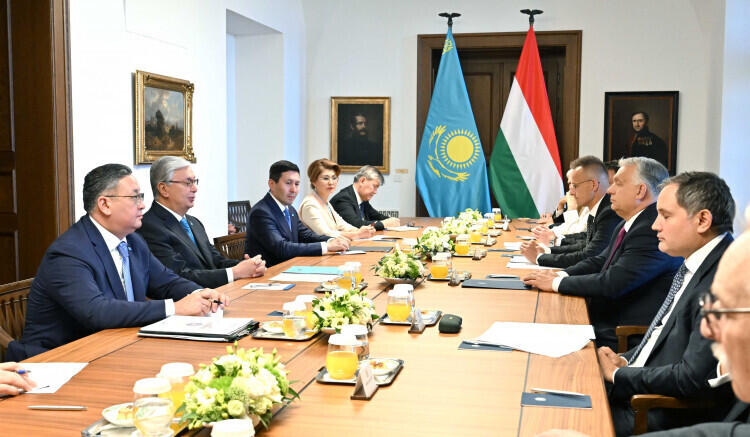Pakistan and Afghanistan have taken initial steps to restore diplomatic ties after months of deepening tensions that threatened regional stability and cross-border cooperation. The breakthrough comes amid escalating security concerns and growing international pressure for both governments to reopen dialogue.
According to officials from both countries, recent high-level backchannel meetings and technical discussions have paved the way for a gradual normalization of relations, including the reopening of border crossings and potential reinstatement of full diplomatic missions.
The announcement follows a period of sharp deterioration in bilateral relations, particularly over the Tehrik-i-Taliban Pakistan (TTP)—a militant group Pakistan accuses the Taliban-led government in Kabul of harboring. Pakistan has long urged the Afghan Taliban to take action against TTP fighters who allegedly operate freely from Afghan territory and launch attacks across the porous border.
For months, these accusations led to border skirmishes, tit-for-tat closures of key crossings such as Torkham and Chaman, and the suspension of formal diplomatic engagement. At one point, Pakistan expelled Afghan diplomats and demanded that Kabul hand over TTP leaders. The Taliban government denied the presence of anti-Pakistan militants on its soil, claiming it does not allow Afghan territory to be used against any neighbor.
But in recent weeks, signs of rapprochement have emerged. Officials cited economic imperatives, humanitarian considerations, and a mutual recognition of the need for border stability as key drivers behind the renewed engagement.
“We’re hopeful that dialogue will help both sides move forward,” said a senior Pakistani Foreign Ministry official. “Our goal is a secure border, economic stability, and peaceful coexistence.”
The two countries are also exploring reviving trade and transit agreements, which had been disrupted during the standoff. Afghan traders have struggled with delays and restrictions, while Pakistan has faced growing pressure to maintain cross-border commerce amid its own economic crisis.
Afghan authorities have welcomed the shift in tone. A spokesperson for the Afghan Foreign Ministry said, “Afghanistan believes in regional cooperation and peaceful relations with all neighbors, including Pakistan.”
The thaw comes amid broader regional shifts. China, which maintains close ties with both Islamabad and Kabul, has reportedly played a quiet mediating role behind the scenes, urging both sides to avoid further instability that could jeopardize Beijing’s investments and security interests, particularly through its Belt and Road Initiative.
Security analysts warn, however, that deep-rooted mistrust remains, especially concerning militant sanctuaries and ideological differences. The TTP remains a core obstacle, and while there are indications that the Taliban may have tightened restrictions on some elements, no major crackdown has been confirmed.
“This is a positive start, but it’s fragile,” said analyst Imtiaz Gul of the Center for Research and Security Studies. “It’s one thing to talk, but quite another to take the hard steps needed to address the root causes of mistrust.”
Still, the resumption of communication is being welcomed by international partners, particularly the United Nations and regional stakeholders who view cross-border instability as a major obstacle to humanitarian relief and long-term peace in Afghanistan.
As talks proceed, both countries are expected to announce confidence-building measures, including easing visa restrictions, reopening border trade routes, and possibly reinstating ambassador-level diplomatic posts.
While it remains unclear how far this reconciliation effort will go, the return to dialogue is being seen as a critical first step in reducing hostilities and preventing further escalation in a region already on edge.
Source: Yahoo News



